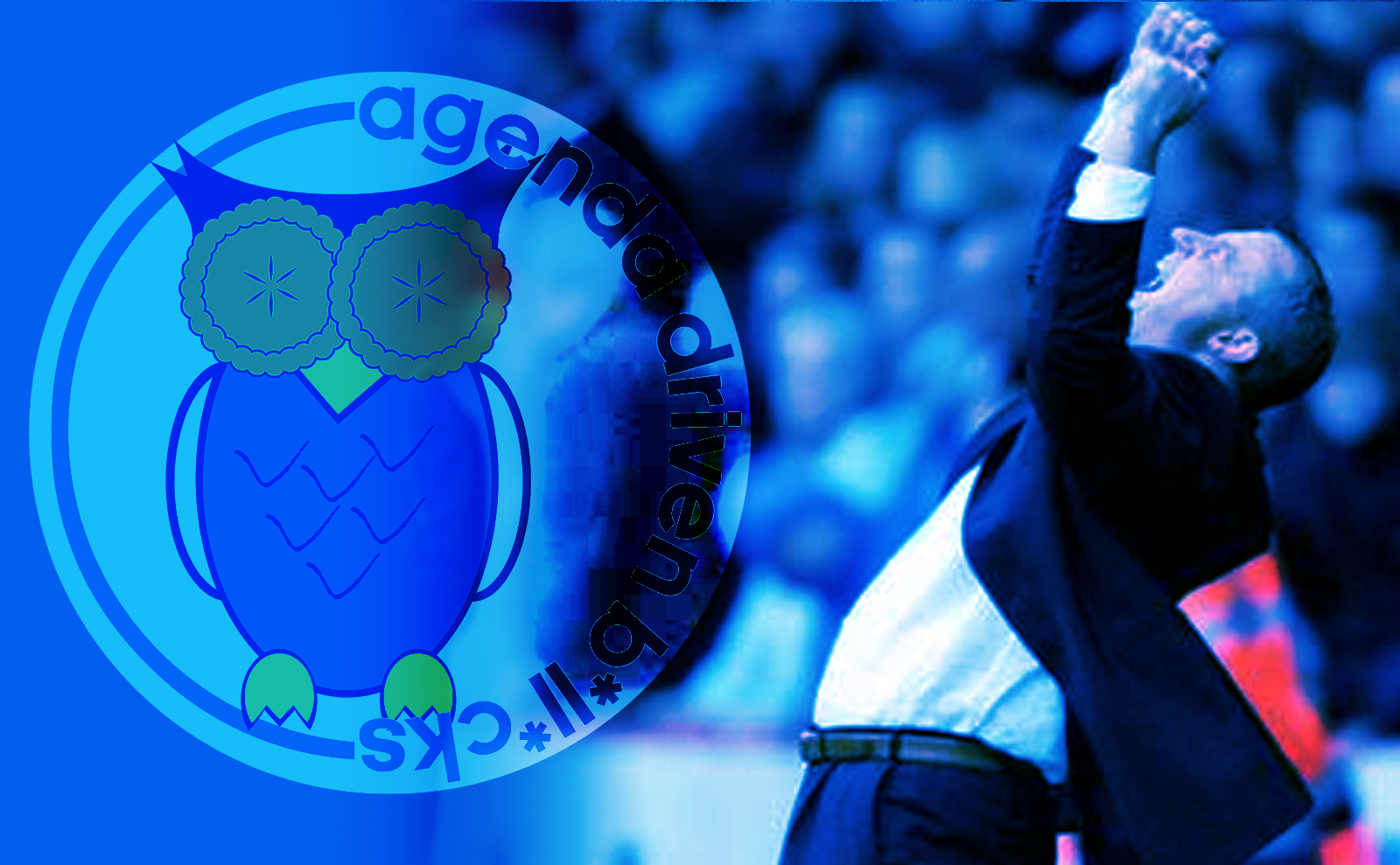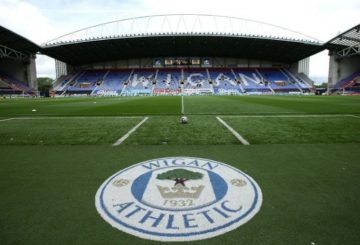(and I feel fine)
That’s great, it starts with an earthquake, birds and snakes, an aeroplane And Lenny Bruce is not afraid…
That’s not to say that today’s big “news” story is an earthquake, nor is it the end of any particular world that we’re part of, much more likely that it’s the misplaced rambling of a chief executive pining for extra revenue . But in football, things rarely start with the earthquake, things start with the foreshocks of bitter grumblings from big clubs. The Premier and Champions’ Leagues didn’t spring from nowhere they grew out of increased TV deals and rumours of breakaway competitions. They weren’t the invention of ingenuity they were the result of backroom conversations and greed (sorry “brand protection”).
A story that one of the big clubs wants to make more money is hardly news, maybe more so that it’s come from Liverpool, the club that for so long, under the steerage of the Moores family, raged against the dying of the light of “traditional” paternal benefactor model of football ownership. But at the same time that’s maybe why it is Liverpool that have broken ranks on the increasingly unavoidable subject of individual TV rights.
To a great extent, Liverpool missed out on a massive opportunity as the Premier League exploded into the global concern that it is today. As much as Old Trafford historians might paint things differently, the nineties started with Liverpool as the English team with the widest ranging (and biggest?) support outside of the UK and yet they largely stood by as United cornered every market east of Hull.
To wrestle that “market share” back they need success, to get success they need world class players, to get world class players they need cash and to get cash they need revenue streams. Most of those are now either closed off or are being exploited to their maximum so they look around and see that “clubs like” Bolton and Wigan are draining off their hard earned dosh through collective TV deals.
How dare they? Don’t they know that football is big business these days? What place does such communist nonsense have in modern sport?
Well, as a starting point, it’s probably worth reminding ourselves what the “League” part of the BarclaysPremierLeague means. Does it simply define the competition as a “an association of teams or clubs that compete chiefly among themselves” or do we prefer the alternative definition (which it shares with association anyway) of “a group of people organized for a joint purpose”. Maybe the Rugger boys had it right when they snaffled the term Union to describe their burgeoning organisation.
Even if the joint purpose of the Premier League is to make money for its members then you would have to question why enough of them would vote for a move that would financially benefit six clubs at most. As much as KLites don’t buy subscriptions to watch the “likes of” Bolton or Wigan, they probably don’t do it to watch the likes of Everton or Fulham either (and of course that ignores the compelling argument that the product they buy is the Premier League and you need your Wigans just as much as your Man Uniteds in that recipe).
Those six clubs that might benefit are savvy enough to know that Liverpool’s potential, particularly in the Far East, out shadows theirs, except for maybe Man United (yet again) and it’s not particularly in any of their interests to allow the scousers to tap into that potential. In any case, it would take 14 votes to get the change they want and remember it was the 22 clubs who formed the Premier League that voted for it, not the 70 that it left behind.
Ayre points to the Spanish model at time when Spanish football is making collectivist noises and ignores the much more obvious comparison given that this has probably been triggered by Liverpool’s current ownership of how American sport manages its income. The answer being in a much more collective manner, involving fairly equal sharing of revenue streams that goes beyond simple sharing of TV money. The net result is a more stable and competitive set up even though revenues and player wages continue to grow.
The problem is that Liverpool don’t want to be competitive with the “likes of” Latics. They want to compete with the Reals and Barcas of this world, they want to be up there with the sugar daddy clubs and they want their rivalry with Manchester United to be something real and current. Ayres might be happy to pretend his idea is about fairness in the English game but it’s about becoming a European giant once more and whilst they might be barking up the wrong business model, they are probably barking at the right time for a lot of people.
And not just the right time for clubs, who I guess mostly don’t care where their income comes from, but maybe it’s the right time for the fans too as large numbers of us feel increasingly disconnected from the sport away from our own teams, disillusioned at the lack of competition and shocked at the increasing amounts of money chucked at irresponsible young men.
The natural end to all of this isn’t a restructuring of the way our domestic money is shared, why take baby steps when you could go straight to a proper big boys European League, hell why stop there let’s go for a world, no a galactic, one? And who these days would object if our big boys buggered off, cash and all, leaving us to pick up the pieces? The league might end up drained of cash, the players might lose out on wages (but where else would they go) but we would survive.
The Football League benefited in many ways from the introduction of the Premier League and whilst the game might need a restructuring if the top table upped and went, we’d be left with a stronger more honest league that would, probably be less reliant on TV cash. Teams would be forced to spend within their means and, who knows, the man on the terrace might start to become as (if not more) important than the man in the pub again.
Let the big boys take the world, we’ll take our game back.
Image taken from here: http://shirt.woot.com/blog/viewentry.aspx?id=13193 we have no connection with that website.
SUBSCRIBE TO THE PIE AT NIGHT PODCAST
We promise you that it’s easier to subscribe to the podcast so you don’t have to rely on us to remind you when a new episode comes out.
Apple sorts can find it on iTunes here – https://itunes.apple.com/gb/podcast/the-pie-at-night-podcast/id1097853442?mt=2
If you prefer a different podcast app then just search for “The Pie at Night Podcast”.
You can also find us on Stitcher, here – http://www.stitcher.com/podcast/the-pie-at-night-pocast/the-pie-at-night-podcast
If you’re that way out, you can find and subscribe to our RSS feed here – http://feeds.feedburner.com/thepieatnight
And if you just want to take pot luck then you can find all our episodes on our Soundcloud page


